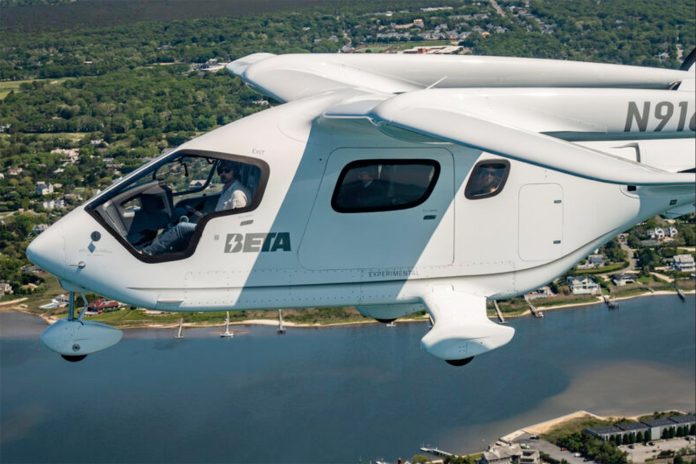In a landmark moment for electric aviation, BETA Technologies has successfully completed the first passenger flight of its all-electric ALIA CX300 aircraft into New York City’s John F. Kennedy International Airport (JFK). The event, which took place on June 3, marked the first time a battery-powered, passenger-carrying aircraft landed at one of the world’s busiest commercial airports.
The flight is a key part of the Port Authority of New York and New Jersey’s broader push to reduce its carbon emissions to net-zero by 2050. As part of its strategy, the agency had issued a call for proposals to demonstrate next-generation, low-emission aircraft at its facilities. BETA Technologies, a Vermont-based aerospace company focused on electric aviation, was one of the selected participants.
The aircraft used in the demonstration was the ALIA CX300, a conventional take-off and landing (CTOL) version of BETA’s earlier electric vertical take-off and landing (eVTOL) model, the ALIA A250. While the eVTOL model is designed for flexibility across helipads and vertiports, the CX300 is intended for use between airports using runways, similar to traditional aircraft.
The flight departed from East Hampton Airport on Long Island with a pilot and four passengers, including Republic Airways president Matt Koscal and Blade Air Mobility CEO Rob Wiesenthal. The journey lasted 45 minutes, with the electric aircraft arriving safely at JFK. The aircraft, according to BETA, is equipped with a H500A electric motor driving a single five-blade pusher propeller and offers a range of over 300 nautical miles on a one-hour recharge.
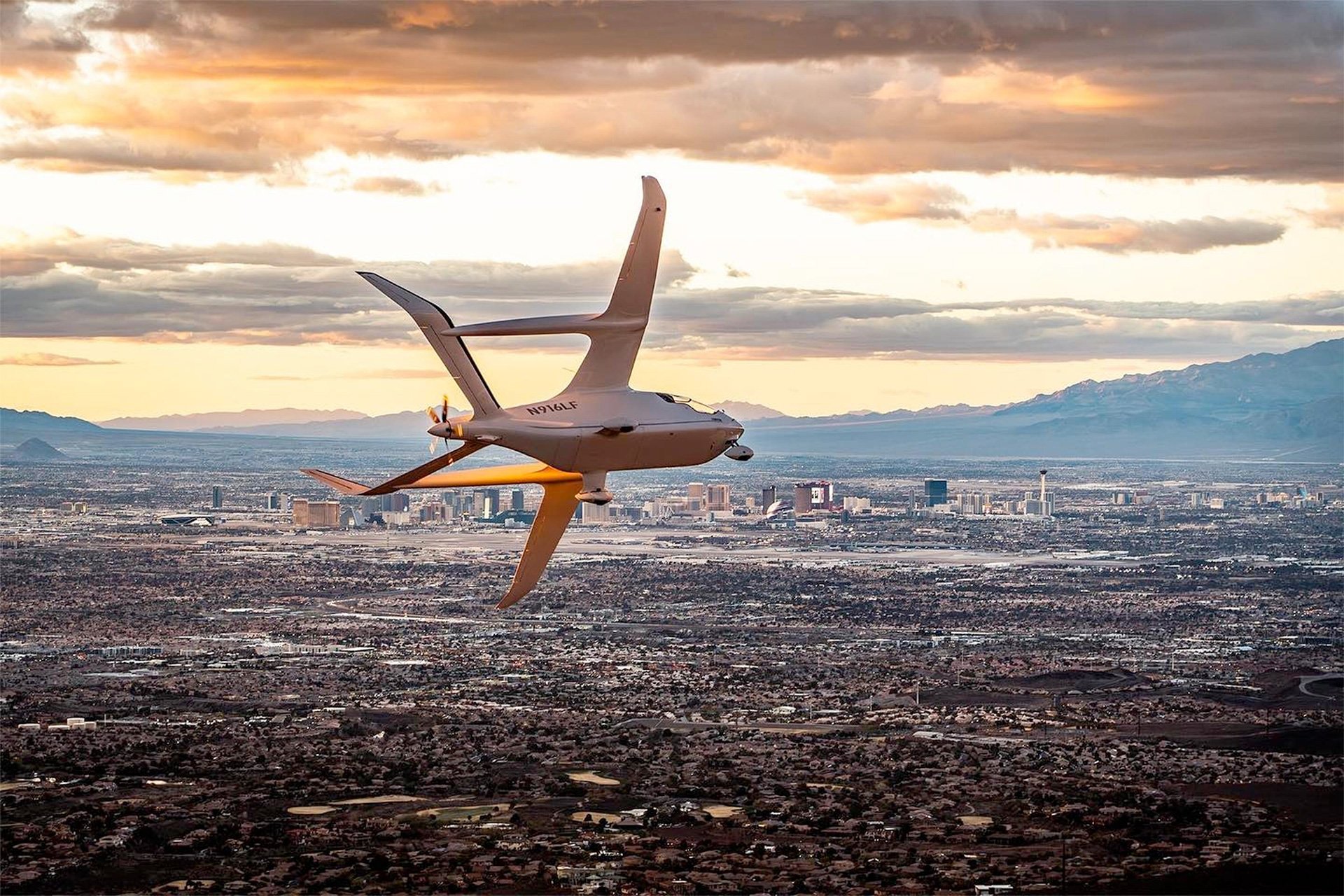
“This electric aircraft flight from Long Island to New York City highlights that quiet and emission-free flight is quickly becoming a reality, benefiting Blade’s fliers, local residents, and other key stakeholders,” said Wiesenthal. “I can think of no better way to demonstrate our company’s commitment to quiet, electric aircraft commercialization than my participation on this flight as a passenger.”
The demonstration follows a longer trial earlier this year in which BETA’s aircraft completed a six-week, coast-to-coast flight from Plattsburgh, New York, to Los Angeles and back. A European trial has also begun, with initial operations starting in Ireland, reflecting the company’s growing international ambitions.
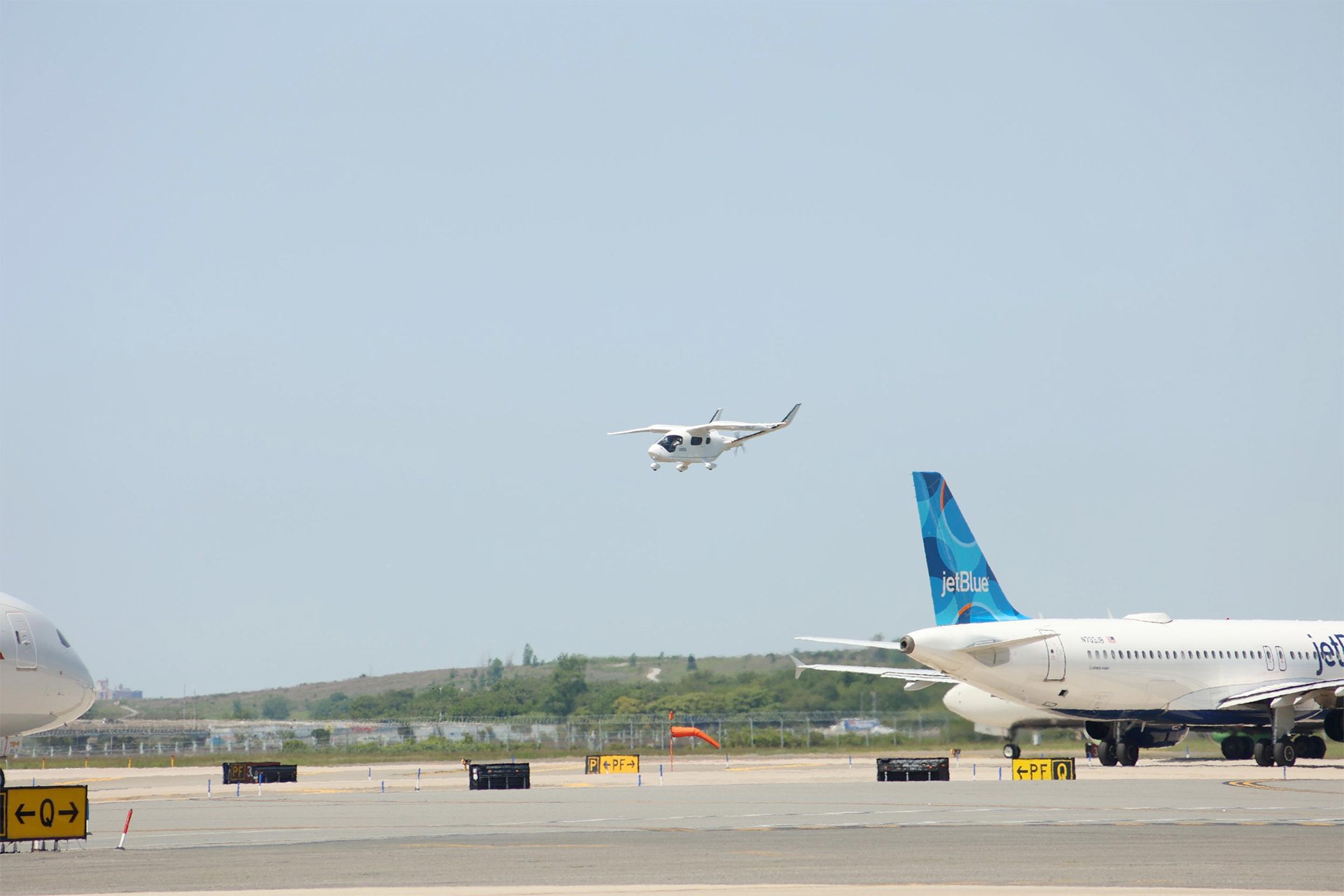
“Flying our electric aircraft into one of the world’s busiest airports, with passengers, proves advanced air mobility is not some future concept, it’s here,” said Kyle Clark, founder and CEO of BETA Technologies. “Today’s flight is about more than technology; it’s about innovation and connecting communities in safer, quieter, and more efficient ways.”
The ALIA CX300 and its eVTOL sibling represent the culmination of six years of research and development, including extensive safety testing in various environments. Though the aircraft has not yet been fully certified for commercial operations, BETA holds a market survey certificate from the Federal Aviation Administration (FAA), which permits limited demonstration flights under controlled conditions.
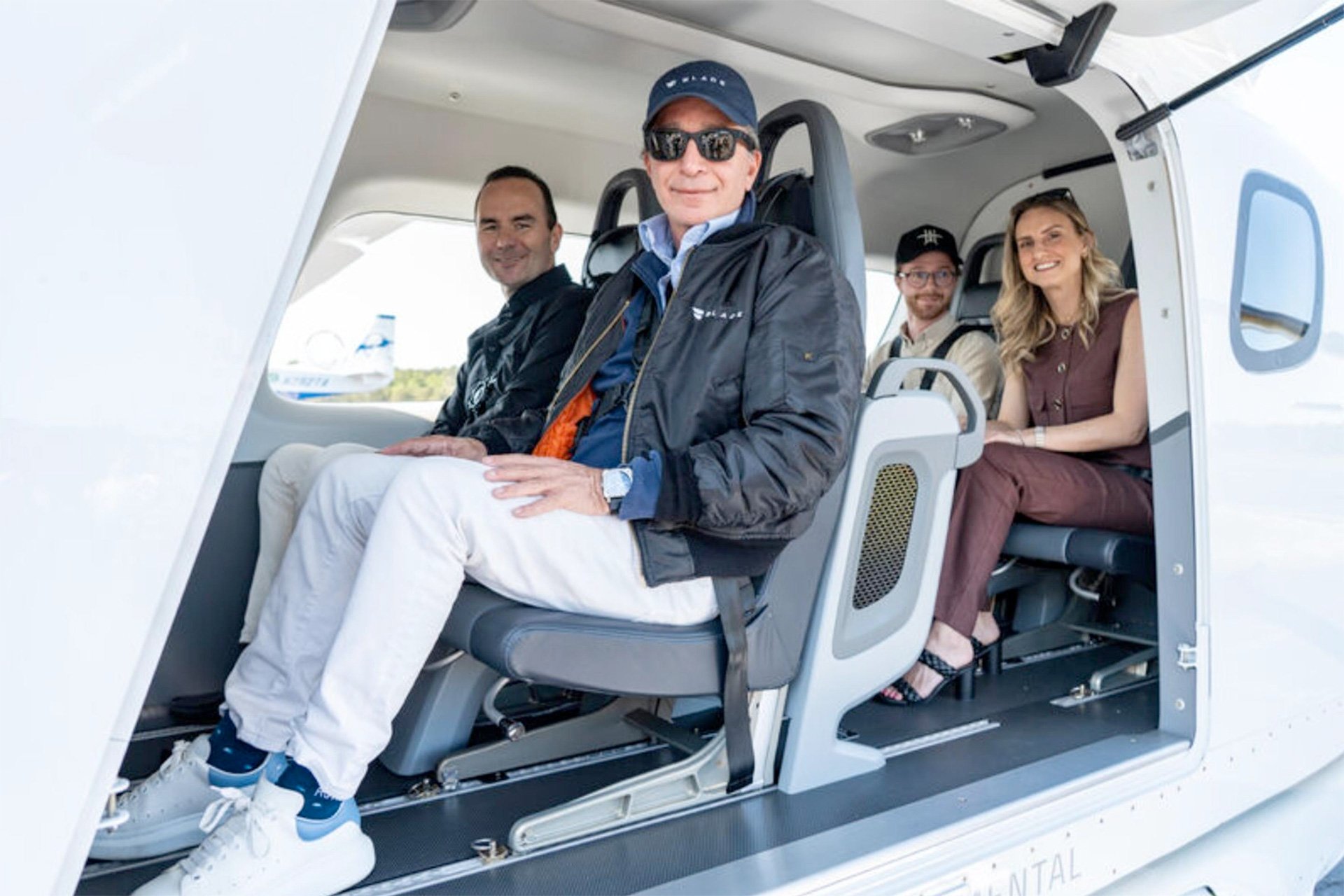
“After years of rigorous safety testing in all types of environments, we’re proud to stand here with the Port Authority and the city of New York to demonstrate exactly how this aircraft can serve cities by easing congestion, reducing emissions, and increasing accessibility,” Clark added.
The ALIA CX300 is configured to carry up to five passengers plus a pilot, making it suitable for short regional hops and intercity travel. BETA has already installed 46 electric aircraft charging stations across the United States and plans to expand that network with 50 additional locations, laying the groundwork for practical electric air mobility.
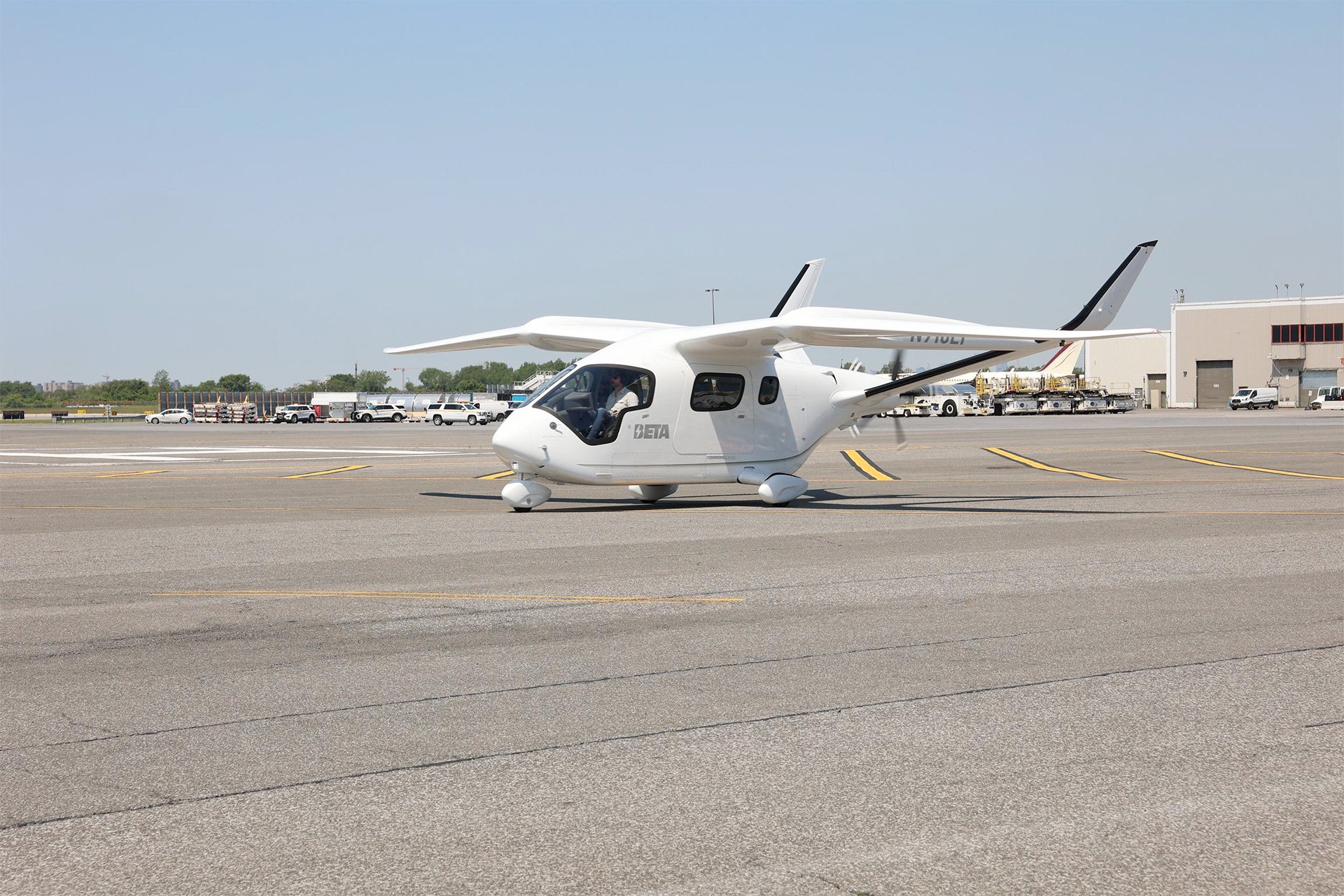
Although pricing details for the ALIA CX300 have not yet been disclosed, BETA Technologies expects to begin customer deliveries later this year, pending FAA certification. The company’s focus is not just on aircraft development but also on the infrastructure and ecosystem required for scalable, sustainable air transport.
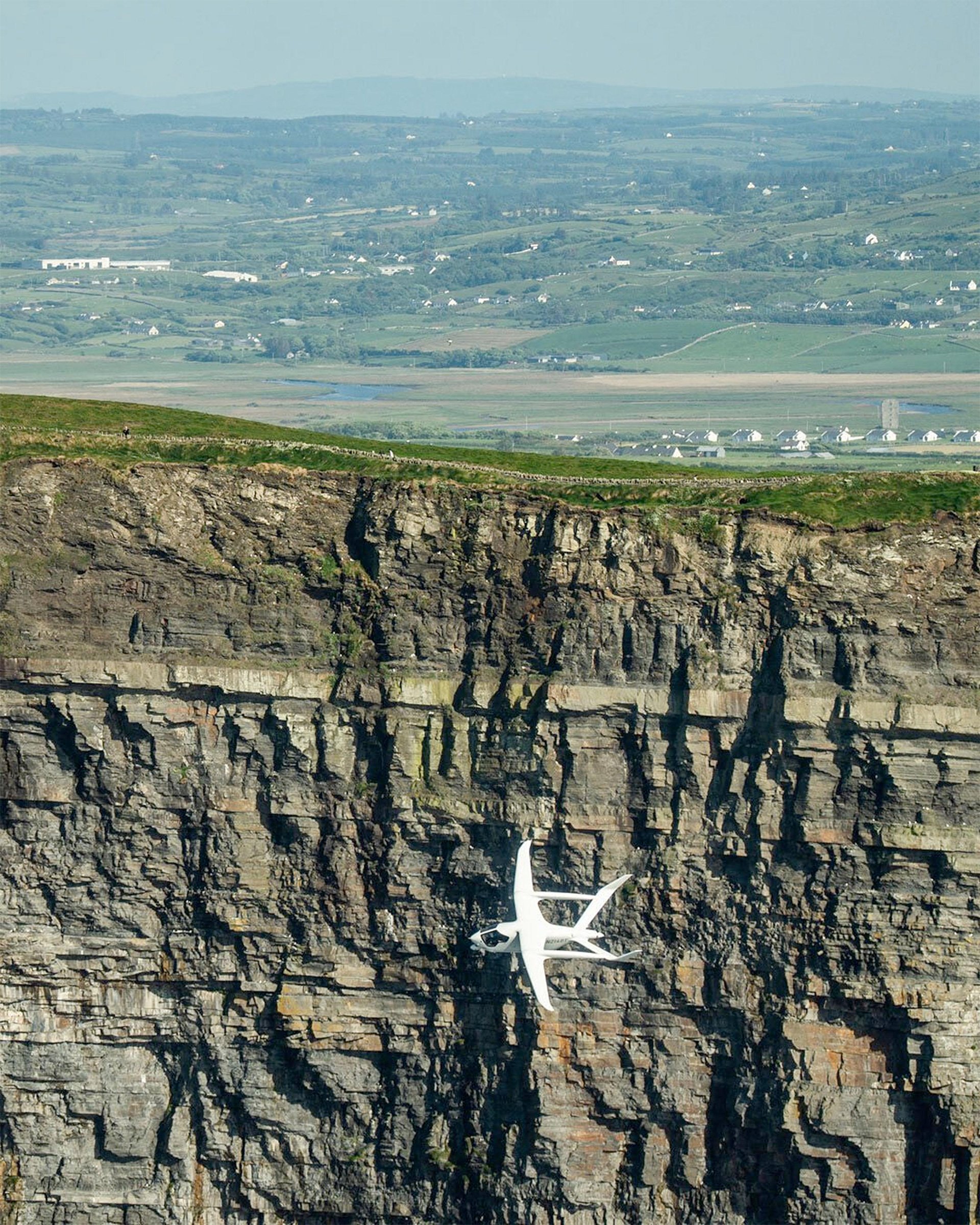
Source: BETA Technologies

